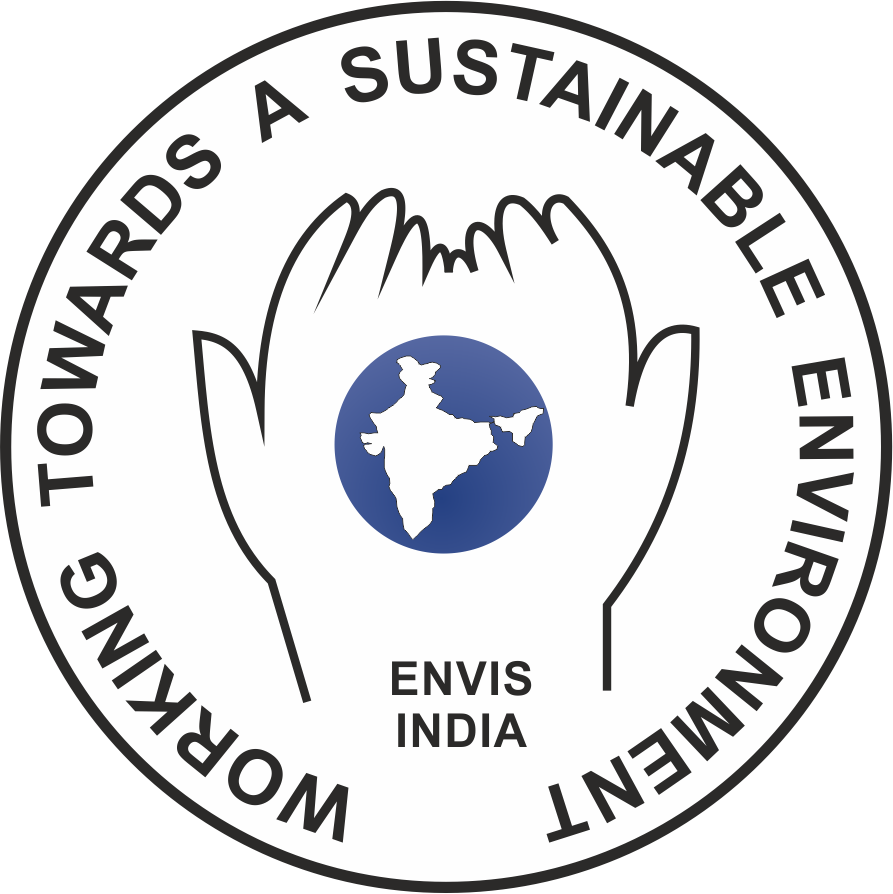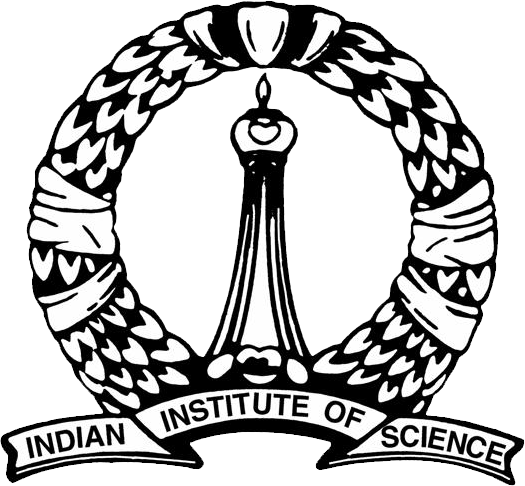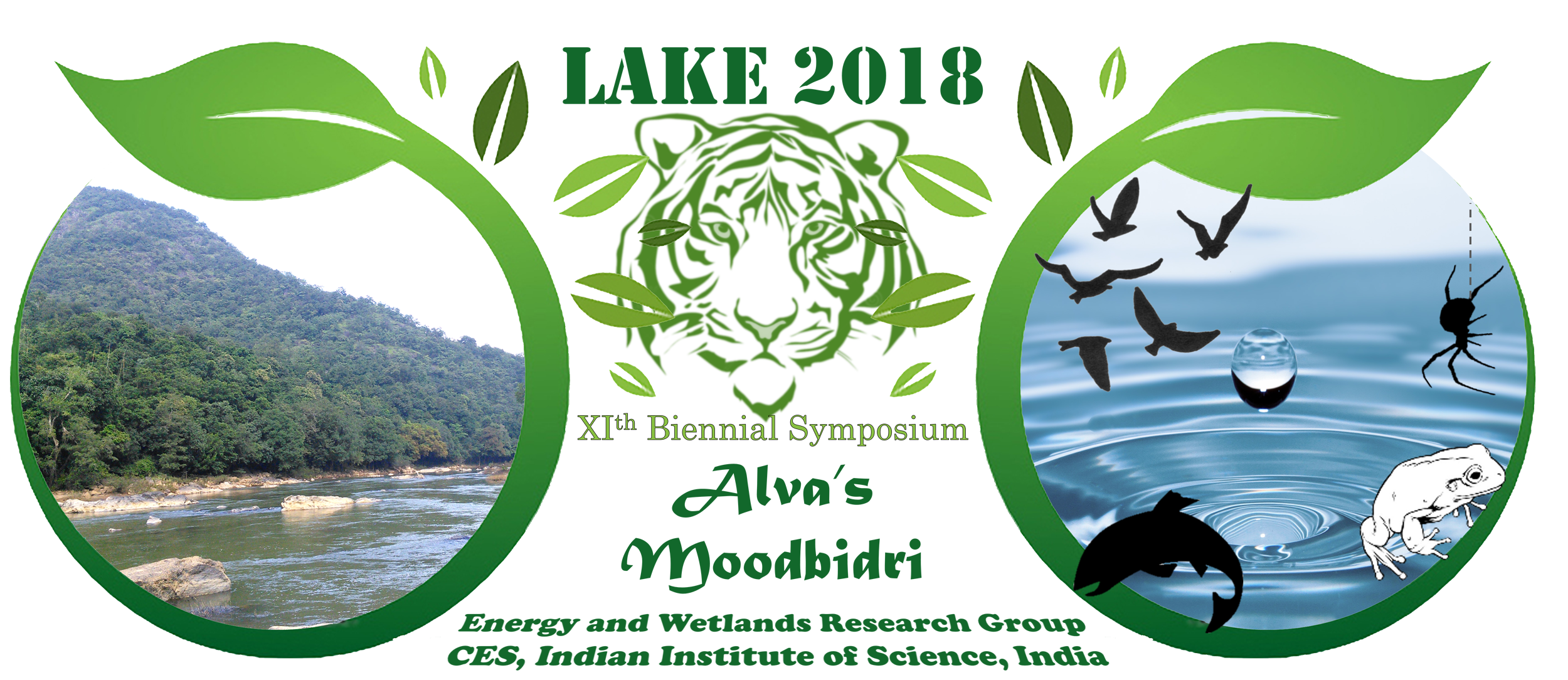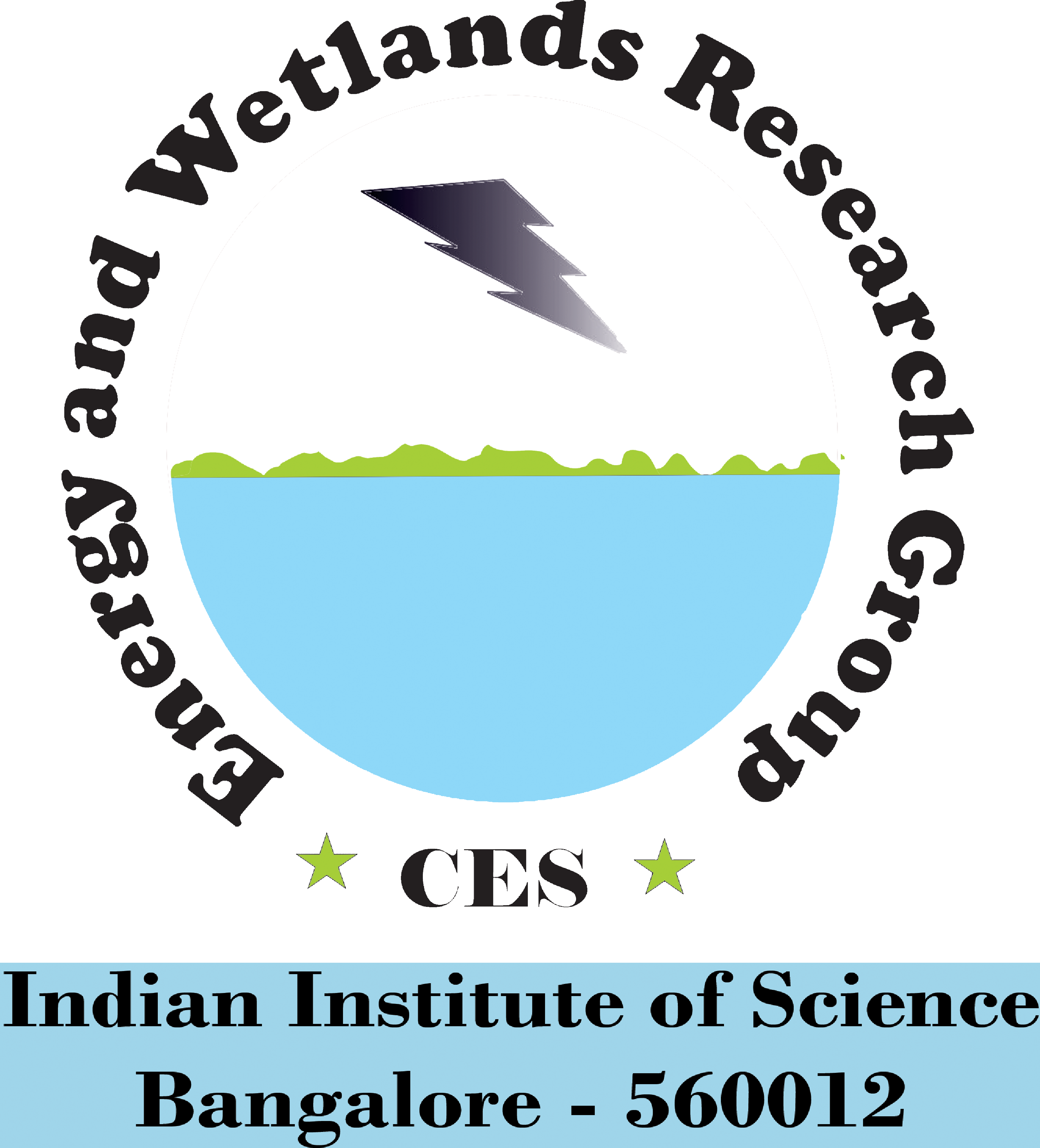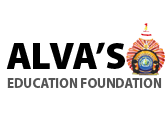‘Wetlands for our Future: Sustainable Livelihoods’ would demonstrate the vital role of wetlands for the future of humanity and specifically their relevance towards achieving the new Sustainable Development Goals. Lake 2018 conference provides a unique opportunity to increase understanding of the role of wetlands in sustaining the food and water with the challenges faced by these fragile ecosystems. Lake 2018 would focus not only on updating of the current knowledge of the scientific community and also would bring in awareness among students, teachers and public. This would provide a platform for interaction among researchers, policy makers, academics and NGOs and address the issues related to wetlands and biodiversity in an era of climate change. This would help in developing a stronger network among experts and institutions in order to develop efficient strategies for the conservation and management of fragile ecosystems. As a part of the conference it has been decided to have theme based lead lectures by the eminent scholars, paper and poster presentations by researchers, school and college students.
-
Assessment of the present status and conservation aspects of wetlands, lakes, tanks, ponds, swamps, streams and rivers in the Western Ghats,
-
Presentation by researchers, practitioners, students of case studies focusing on biodiversity, ecology, present status, threats, conservation measures required,
-
Discussion of current programmes on restoration, conservation oand management of wetlands,
-
Role of education institutions, non-governmental organisations, religious organisations,
-
Discussion of people’s livelihood and fundamental right towards equitable resource allocation through scientific assessment of ecosystem goods and services,
-
Presentation by students (schools and colleges) based on documentation foussing on wetlands – biodiversity, present status, ecology, conservation and protection needs,
-
Allocation of financial and human resources to conserve and protect ecologically fragile ecosystems,
-
Proposals by students and non-governmental organisations for conservation, protection, restoration and sustainable management of aquatic ecosystems,
-
Discussion on research gaps and activities to be initiated by researchers to evolve appropriate strategies towards conservation of ecosystems in Western Ghats.
developing strategies for conservation and sustainable management of ecologically sensitive regions in Western Ghats to sustain water, food and human livelihood.
